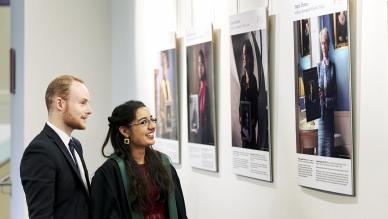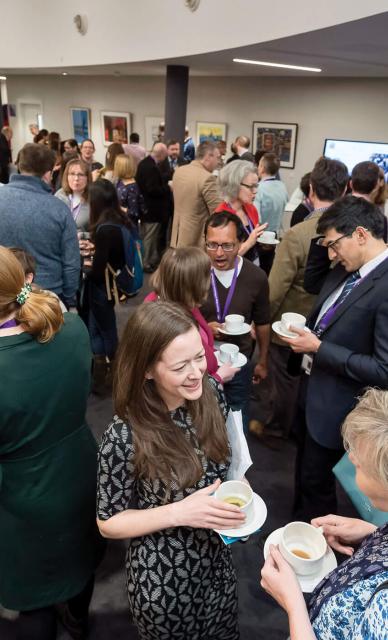Not yet a member?
There are a number of reasons you should join us a member and let us enhance your career as a Physician. Find out more about becoming a member and how we can further support you.
Empowering medical excellence, shaping healthcare futures.

Find out how we can support you in each stage of your physician career
No matter where you are in your career as a physician — preparing for PACES, choosing your specialty, exploring training opportunities, or navigating life as a recently appointed consultant — we’re here to support you every step of the way. With our educational events, career podcasts, and dedicated committees to represent your voice, we ensure you have the resources, guidance, and support to thrive in your career.
We’re here to support you as a student or foundation doctor, helping you navigate the challenges of medical training and kickstart your career with confidence. With our educational events, career podcasts, and first-hand guidance on choosing your specialty, you’ll have all the tools you need to succeed.
Our dedicated committee ensures your voice is heard and your opinions matter. We're creating a supportive space where you can grow, make informed decisions, and feel empowered in your journey—both personally and professionally.

We’re here to support you through every step of your journey as a Doctor in Training. From insightful educational events and career podcasts to helping you explore the right specialty, we’ve got the resources you need to make informed decisions about your future.
Plus, with a dedicated committee that listens to and represents your voice, your opinions will always be heard. We’re committed to helping you thrive, both professionally and personally, as you navigate the early stages of your career.

SAS doctors have distinct training and educational needs from those of trainees and consultants. They are a diverse group with individual and often highly specialised skills. We believe it is vital that SAS doctors are better supported and that the SAS role must become a more attractive career option if we do not wish to risk losing highly skilled doctors from hospital medicine.

We’re here to support you at every stage of your Consultant journey, whether you're newly appointed or a seasoned professional. Our educational events, career-focused podcasts, and dedicated committee are designed to help you navigate the challenges of your role while ensuring your voice is heard and represented. We understand the evolving demands of being a Consultant, and we’re committed to providing the resources and support you need to continue thriving in your career.


There are a number of reasons you should join us a member and let us enhance your career as a Physician. Find out more about becoming a member and how we can further support you.